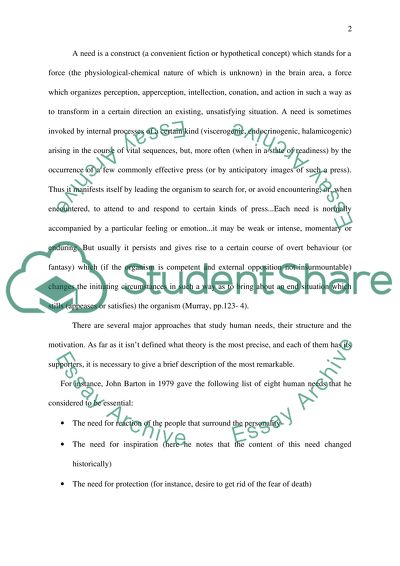Cite this document
(“Why Is It Sociologically Important To Acknowledge Human Nature And Essay”, n.d.)
Retrieved from https://studentshare.org/sociology/1520860-why-is-it-sociologically-important-to-acknowledge-human-nature-and-human-needs
Retrieved from https://studentshare.org/sociology/1520860-why-is-it-sociologically-important-to-acknowledge-human-nature-and-human-needs
(Why Is It Sociologically Important To Acknowledge Human Nature And Essay)
https://studentshare.org/sociology/1520860-why-is-it-sociologically-important-to-acknowledge-human-nature-and-human-needs.
https://studentshare.org/sociology/1520860-why-is-it-sociologically-important-to-acknowledge-human-nature-and-human-needs.
“Why Is It Sociologically Important To Acknowledge Human Nature And Essay”, n.d. https://studentshare.org/sociology/1520860-why-is-it-sociologically-important-to-acknowledge-human-nature-and-human-needs.


